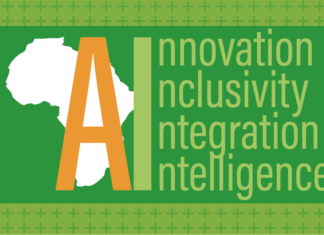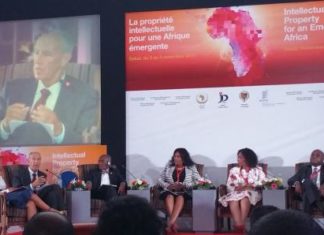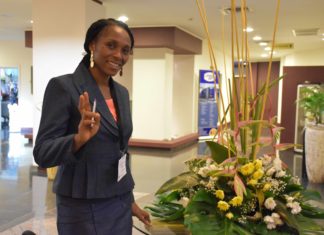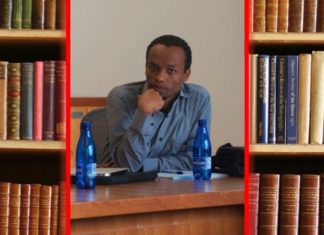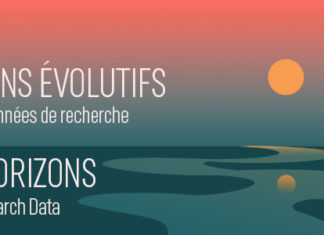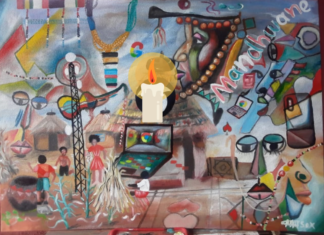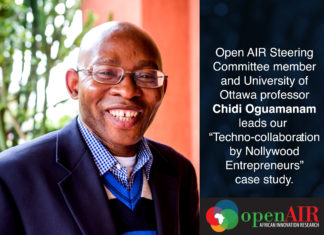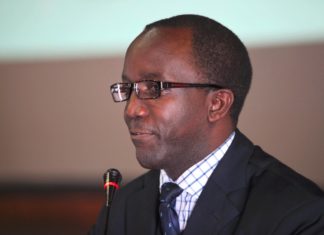Open AIR Research into 4th Industrial Revolution Technologies and Artificial Intelligence:...
By Nagham El Houssamy and Nadine Weheba
This is part three in a three part series. For part one, click here. For part two, click here.
Monumental advances in technology are...
Is Creativity and Innovation All About Intellectual Property?
In the recently concluded ‘African Ministerial Conference: Intellectual Property for an Emerging Africa’ organized in part by WIPO (here), one cannot help but think that all roads leading to creativity and innovation are paved with intellectual property (IP) laws and institutions. Put differently, the level of creativity and innovation in a society is dependent solely on how we tinker with and enforce IP laws. This ‘IP parochialism’, as I call it, is manifest in the conference program. Of course, the response would be that the conference was solely about IP and as such there was no need to look beyond IP. This is an erroneous view.
Empowering Rural Craft Women through Social Entrepreneurship and Open, Inclusive Innovation
By Desmond Osaretin Oriakhogba
My Engagement with the Hillcrest Aids Centre Trust in KwaZulu-Natal, South Africa
As part of my on-going project as a Queen...
Harnessing Digital Agriculture to Advance African Food Security: Open AIR Research...
By Uchenna Felicia Ugwu
Achieving global food security will require innovation. Processes like plant phenotyping and technologies like digital imaging are examples of innovation that...
Open AIR’s Sileshi Hirko wins competitive grant
Mr. Sileshi Hirko, a PhD candidate in the Common Law Section of the University of Ottawa, has won the Civil Society Scholars Award (CSSA)....
The Blue Economy and The Need for Open IP
By Eashan Karnik, cross-posted from Smart Prosperity Institute
The need to adopt clean energy technologies is a pressing issue not
just in Canada, but internationally...
Focusing on Indigenous Data Sovereignty as Part of ‘Shifting Horizons’
By Toni Valenti
On Thursday, March 28th,
Open AIR attended the Indigenous Data Sovereignty panel at the Shifting Horizons research data
conference at the University of Ottawa....
Digital Mandhwane: Enabling Inclusive Digital Transformation in Rural South Africa
By Kgopotso Ditshego Magoro
COVID-19 has exposed that, while the Fourth Industrial Revolution (4IR) evangelists are preaching that we are experiencing a revolution, for many...
WIPO Expert Committee on Genetic Resources, Traditional Knowledge and Traditional Cultural...
By Chidi Oguamanam
For the 35th time in 18years, experts have yet again gathered at the World Intellectual Property Organization (WIPO) headquarters in Geneva where...
Dr. Kakooza “Dealing with Trans-Border Quasi-Intellectual Property”
In October 2010, Yoweri Museveni, the President of Uganda, recorded a rap song titled: "Do You Want Another Rap?" as part of his re-election campaign to capture the imagination of young voters. The song was a huge success and may have played a part in his reelection. When Museveni applied for a copyright registration of the song, however, members of the Ankole community filed an objection stating that the song was derived from Ankole folklore. While the Registrar of Copyrights in Uganda eventually allowed Museveni's copyright application for registration, this case triggered Dr. Anthony Conrad K. Kakooza's interest in the area of traditional cultural expressions (TCEs) and whether TCEs should be recognized within the domain of intellectual property (IP) law.

